Beneficial Insects
Protect Your Plants and Encourage Beneficial Insects
Are you looking for natural ways to protect your plants from pests while also promoting a healthy ecosystem in your garden? One effective method is to encourage beneficial insects to visit and thrive in your garden. These insects can help control pest populations and reduce the need for harmful chemical pesticides. Let's explore some beneficial insects to attract to your garden and how to create an environment that supports their presence.
1. Ladybugs
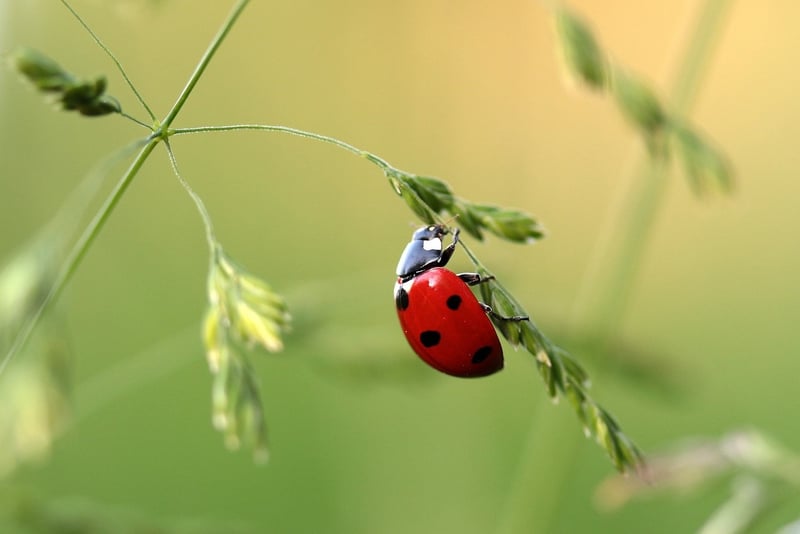
Ladybugs, also known as ladybirds, are voracious predators of aphids, mealybugs, and other soft-bodied pests that can damage your plants. By planting flowers such as dill, fennel, and yarrow, you can attract these beneficial insects to your garden.
2. Lacewings
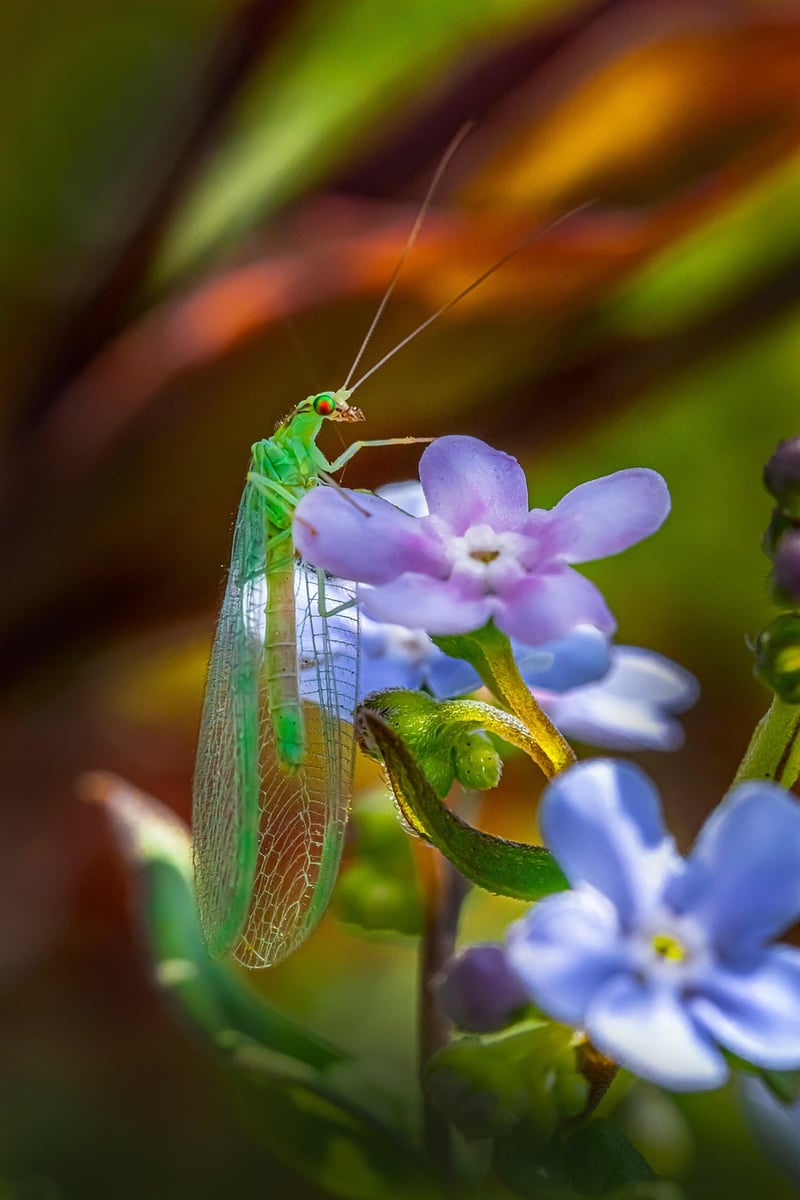
Lacewings are delicate insects with intricate lace-like wings. Their larvae are fierce predators of aphids, caterpillars, and other garden pests. To attract lacewings, consider planting dill, coriander, and angelica in your garden.
3. Hoverflies
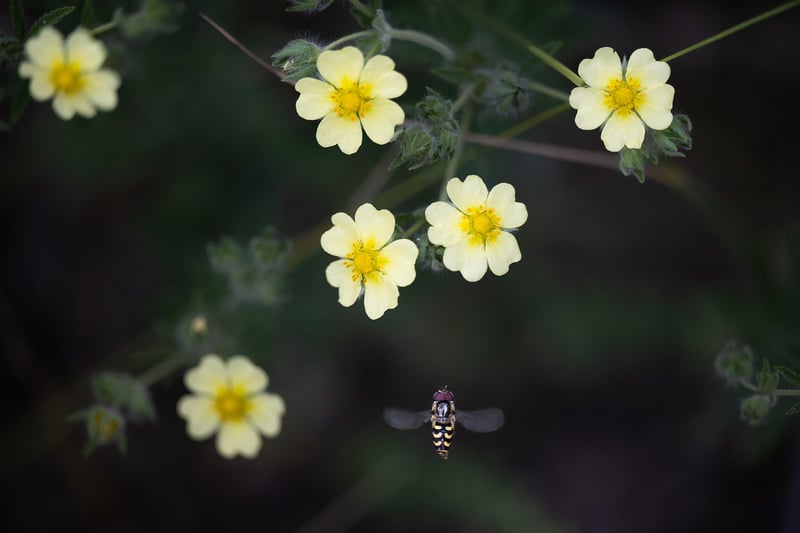
Hoverflies, also known as flower flies, are excellent pollinators and predators of aphids. Planting nectar-rich flowers like marigolds, alyssum, and daisies can help attract hoverflies to your garden.
4. Ground Beetles
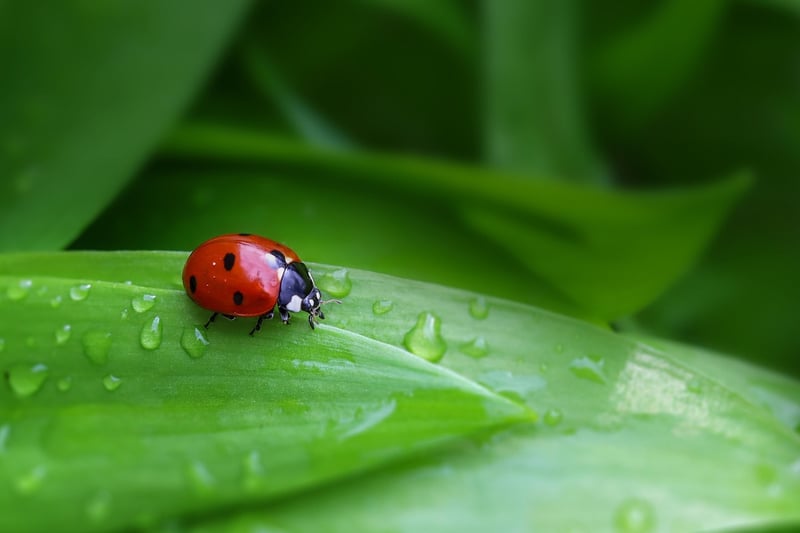
Ground beetles are nocturnal predators that feed on slugs, snails, caterpillars, and other pests that emerge at night. Creating a habitat with rocks, logs, and mulch can provide shelter for ground beetles in your garden.
5. Parasitic Wasps
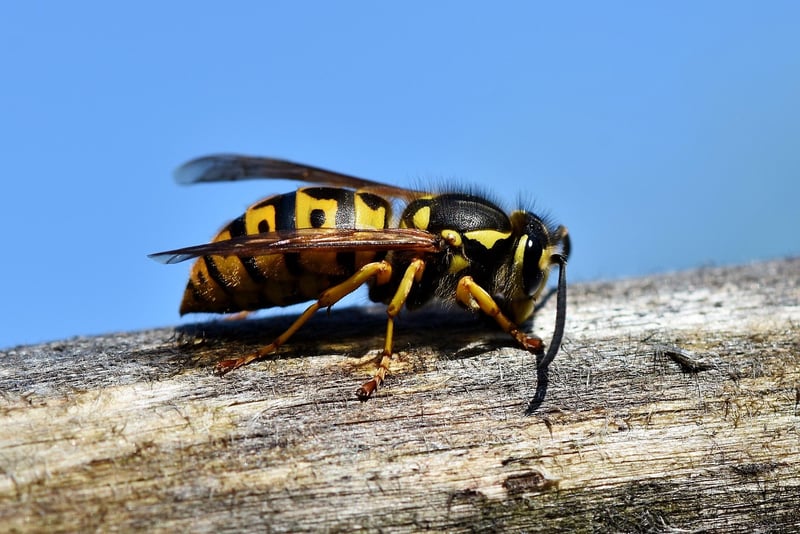
Parasitic wasps are tiny insects that parasitize pest insects by laying eggs inside them. Planting dill, parsley, and yarrow can attract parasitic wasps to your garden and help control pest populations naturally.
Creating a Beneficial Insect-Friendly Garden
- Plant a diverse range of flowers to attract beneficial insects.
- Avoid using chemical pesticides that can harm beneficial insects.
- Provide water sources like birdbaths or shallow dishes with rocks for beneficial insects.
- Include native plants in your garden to support local insect populations.
- Practice companion planting to create a balanced ecosystem that attracts beneficial insects.
By welcoming beneficial insects into your garden, you can naturally protect your plants and reduce the need for harmful chemicals. Creating a habitat that supports these helpful creatures not only benefits your garden but also contributes to the overall health of the environment.
Remember, a healthy garden is a biodiverse garden!
